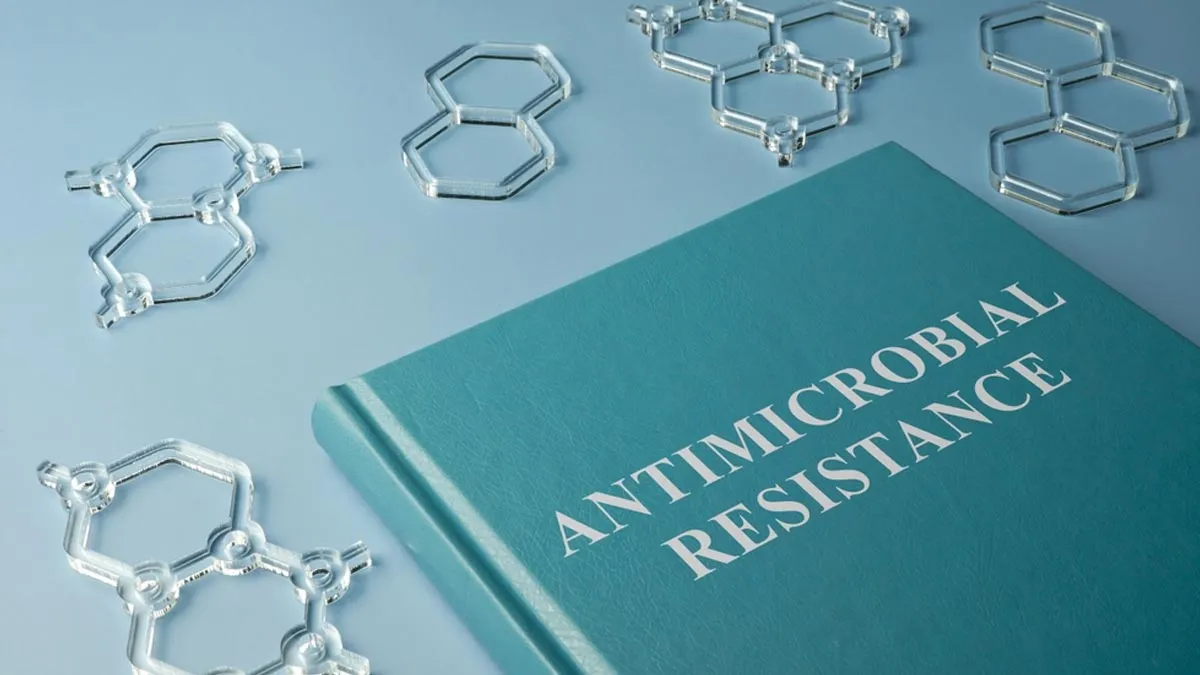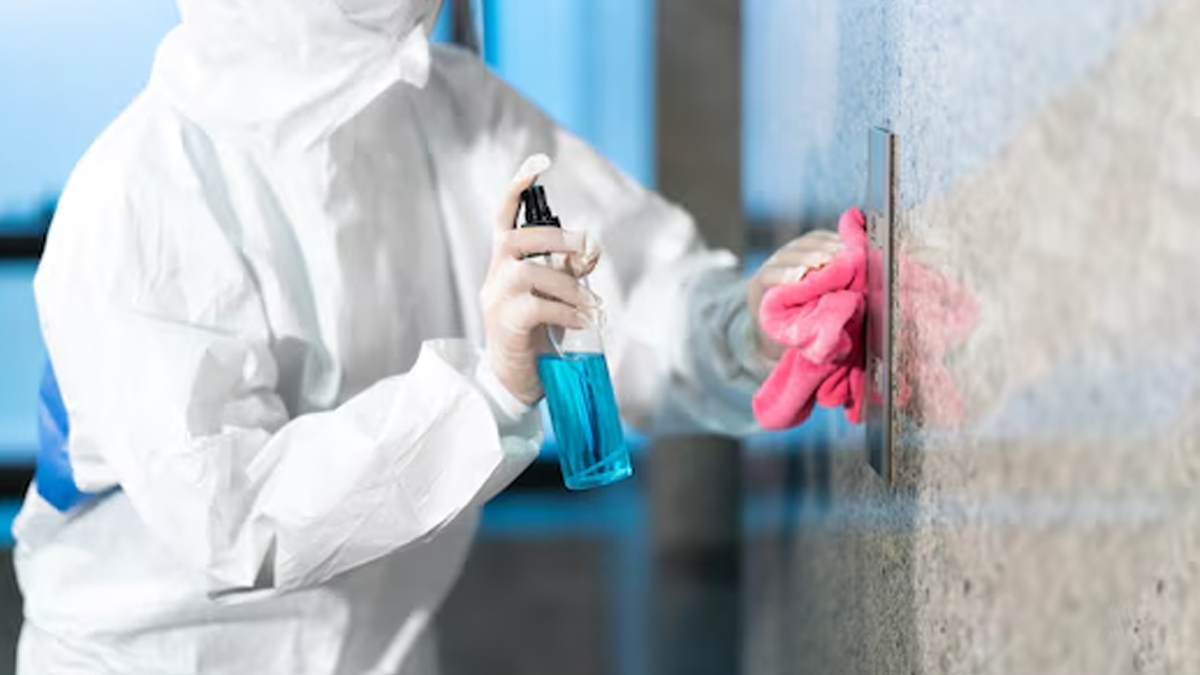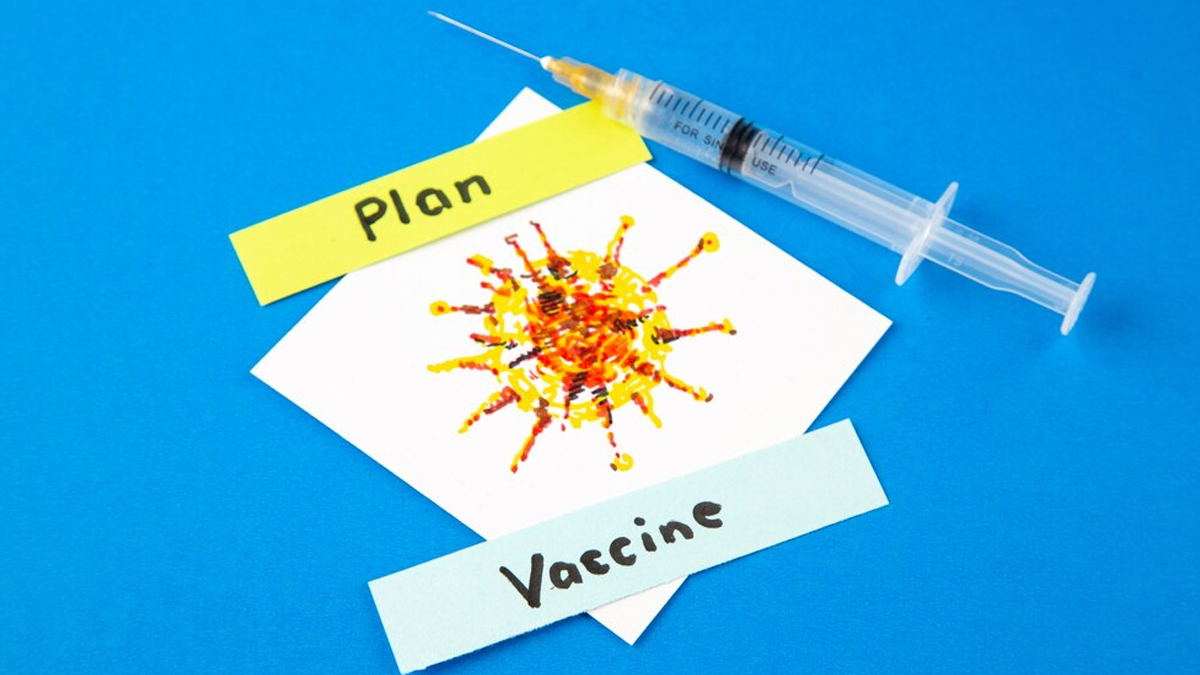
Have you ever wondered why doctors emphasise washing hands or cleaning hospital equipment meticulously? These simple practices aren’t just about cleanliness; they’re a powerful defence against a growing global threat i.e. Antimicrobial Resistance (AMR). Responsible for millions of deaths worldwide, AMR makes once-effective treatments fail, turning routine infections into serious health risks. The good news? Infection Prevention and control (IPC) strategies, like maintaining hygiene and monitoring infections, offer a critical shield against this crisis.
Table of Content:-
We spoke to our expert Dr Sandeep S Reddy, Consultant - Department of Infectious Diseases, Ramaiah Memorial Hospital, Bengaluru, who explained how these measures can protect our health and preserve lifesaving medicines for the future.

According to the Centers for Disease Control and Prevention (CDC), Antimicrobial Resistance (AMR) occurs when germs adapt and become resistant to the drugs meant to eliminate them.
According to a 2023 study, AMR, linked to an estimated 5 million deaths globally in 2019, presents a grave and escalating threat to public health worldwide. This crisis jeopardises the effectiveness of existing antimicrobials, impacting individuals at all life stages and posing significant challenges to healthcare systems, veterinary medicine, and agriculture.
The World Health Organization (WHO) emphasises that bolstering IPC practices, particularly within healthcare settings, is paramount in combating AMR.
“By minimising Healthcare-Associated Infections (HAIs), which remain a pervasive issue across all countries, IPC directly reduces the need for antimicrobials, thereby mitigating the selective pressure that fuels resistance,” said Dr Reddy,
This proactive approach represents the first and most critical line of defence against the growing threat of AMR and is essential for preserving the efficacy of existing treatments and safeguarding global health.
Also Read: Can Antibiotics Cause Liver Damage? Here’s What Doctors Want You To Know
IPC Strategies To Fight Against AMR
Here are some ways to protect yourself against AMR as listed by Dr Reddy:
Hand Hygiene

Hand hygiene is the cornerstone of IPC, preventing up to 50% of healthcare-associated infections as per the latest WHO estimates. Proper practices, including alcohol-based hand rubs or soap and water, interrupt pathogen transmission. “Compliance with protocols should be emphasised and monitored in healthcare settings. Education, training and sensitisation programs reinforce the importance of hand hygiene for healthcare professionals, patients, and visitors,” added Dr Reddy.
Surveillance
“The concept of One-Health encompasses comprehensive surveillance of AMR across human, animal, plant, and environmental sectors which is crucial for understanding and combating the spread of drug-resistant microorganisms,” said Dr Reddy. These surveillance systems provide essential data on the prevalence of AMR, antimicrobial usage, and residue levels in food, enabling informed responses to emerging threats before they escalate into widespread crises.
This data is instrumental in guiding treatment decisions, informing policy recommendations, shaping effective control programs, and evaluating the impact of interventions to mitigate AMR. Within healthcare settings specifically, active surveillance facilitates early detection of outbreaks, informs targeted interventions, guides antibiotic stewardship efforts, and allows for the tailoring of IPC strategies based on observed resistance patterns, as stated in the Food and Agriculture Organization of the United Nations (FAO).
Also Read: Antimicrobial Resistance & Its Impact On Human Health, Expert Explains
Environmental Hygiene

“Environmental hygiene is crucial in the fight against AMR. Meticulous cleaning and disinfection protocols within healthcare settings limit the spread of drug-resistant microorganisms, reducing the need for antimicrobials. This, in turn, lessens selective pressure driving resistance,” said Dr Reddy.
According to a 2024 study, reducing healthcare-associated infections through environmental hygiene plays a vital role in preserving the effectiveness of current treatments. Additionally, a clean environment promotes patient recovery and shields healthcare workers from exposure to resistant pathogens.
Antibiotic Stewardship
Though crucial for treating bacterial infections, overuse or misuse of antibiotics accelerates AMR, thus diminishing their effectiveness against harmful bacteria. Antibiotics should only be taken when prescribed by a healthcare professional and the full course must be completed, even if symptoms subside, to prevent the emergence of resistant bacteria. Responsible antibiotic use is essential for preserving their efficacy and protecting public health.
Vaccination

Vaccines are a powerful tool against AMR. “They prevent infections, reducing the need for antibiotics and thus slowing the development of resistance. Successful vaccines like those for Haemophilus influenzae B and Pneumococcus demonstrate this effect,” said Dr Reddy. Even flu vaccines help by preventing secondary bacterial infections. New vaccines targeting other drug-resistant bacteria offer further hope. Continued investment in vaccines is crucial to fighting AMR.
Bottomline
Dr Reddy concluded, “Effective IPC strategies are essential for combating the growing threat of AMR. By implementing and adhering to evidence-based practices like meticulous hand hygiene, robust surveillance systems, thorough environmental cleaning and disinfection, judicious antibiotic stewardship, and widespread vaccination, healthcare systems can significantly reduce the incidence of infection and the subsequent need for antimicrobials.”
[Disclaimer: This article contains information provided by an expert and is for informational purposes only. Hence, we advise you to consult your own professional if you are dealing with any health issues to avoid complications.]
Also watch this video
How we keep this article up to date:
We work with experts and keep a close eye on the latest in health and wellness. Whenever there is a new research or helpful information, we update our articles with accurate and useful advice.
Current Version